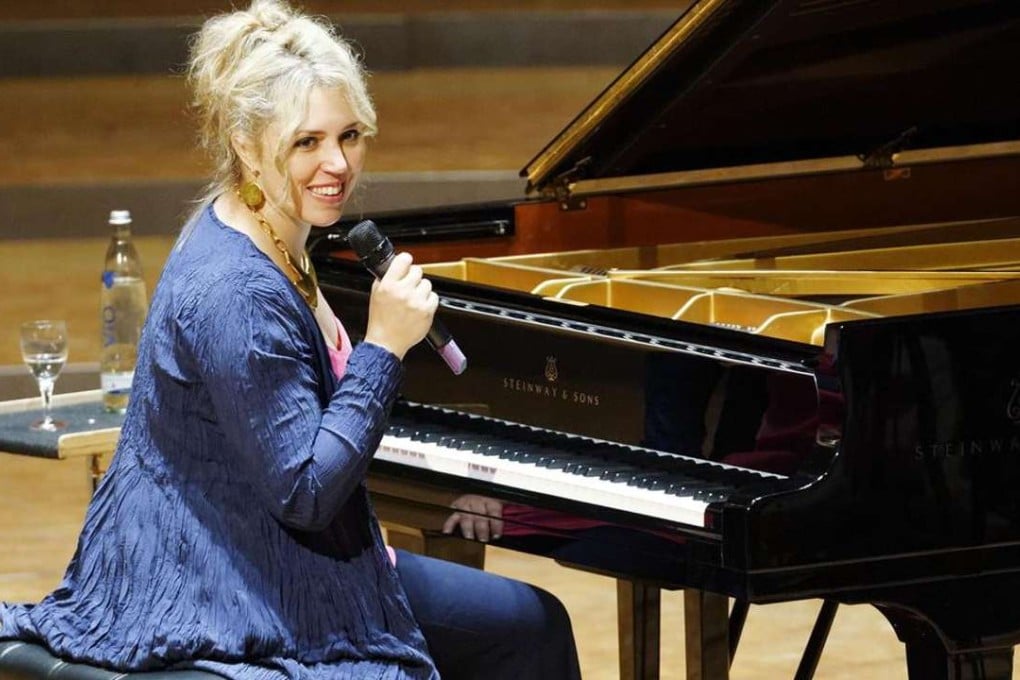How jazz borrowed improvisation from classical music, and pianist Gabriela Montero who’s on a mission to take it back
Ahead of her concert in Hong Kong, musician talks about spontaneous composition, how jazz took it up in the 20th century, and her mission to bring it back into classical music

Improvisation was regarded as an important skill in Western music from its earliest days right through the 19th century. Pianist Gabriela Montero points out that J. S. Bach, Wolfgang Amadeus Mozart, Chopin, Liszt and Rachmaninov were all noted improvisers. In the 20th century, however, spontaneous composition in performance moved to classical music’s fringes, becoming more associated with jazz.
Montero, who appears on April 25 at City Hall Concert Hall in the Premiere Performances Spring Recital Series, is on a mission to bring it back.
“It’s a language I’ve always felt was part of me. I’m trying to bring improvisation to the world in the way that it was done in the 18th and 19th centuries,” the 46-year-old says.
“I’m not a jazz pianist. There has been a little confusion in the past because people aren’t used to classical improvisation, and sometimes I’ll have a little bit of fun going into the world of jazz sounds, but I play seven-minute fugues and pieces which sound very much composed in the classical manner, except that they are made in the moment.”
Her reputation is not based solely on her improvisational skills. Montero is an acclaimed recitalist and her Hong Kong concert debut will begin with Schubert’s Four Impromptus, Op. 90, followed by Schumann’s Carnaval Op. 9.
“That’s the classical repertoire as played by any other classical pianist,” she says. “It’s what’s written. I never improvise within a classical piece, unless it’s a Mozart concerto and there is a cadenza, which in Mozart’s time was meant to be improvised. In the second half it’s all improvised.”
She chose the Schubert and Schumann pieces, she says, because they contrast with and complement each other.
